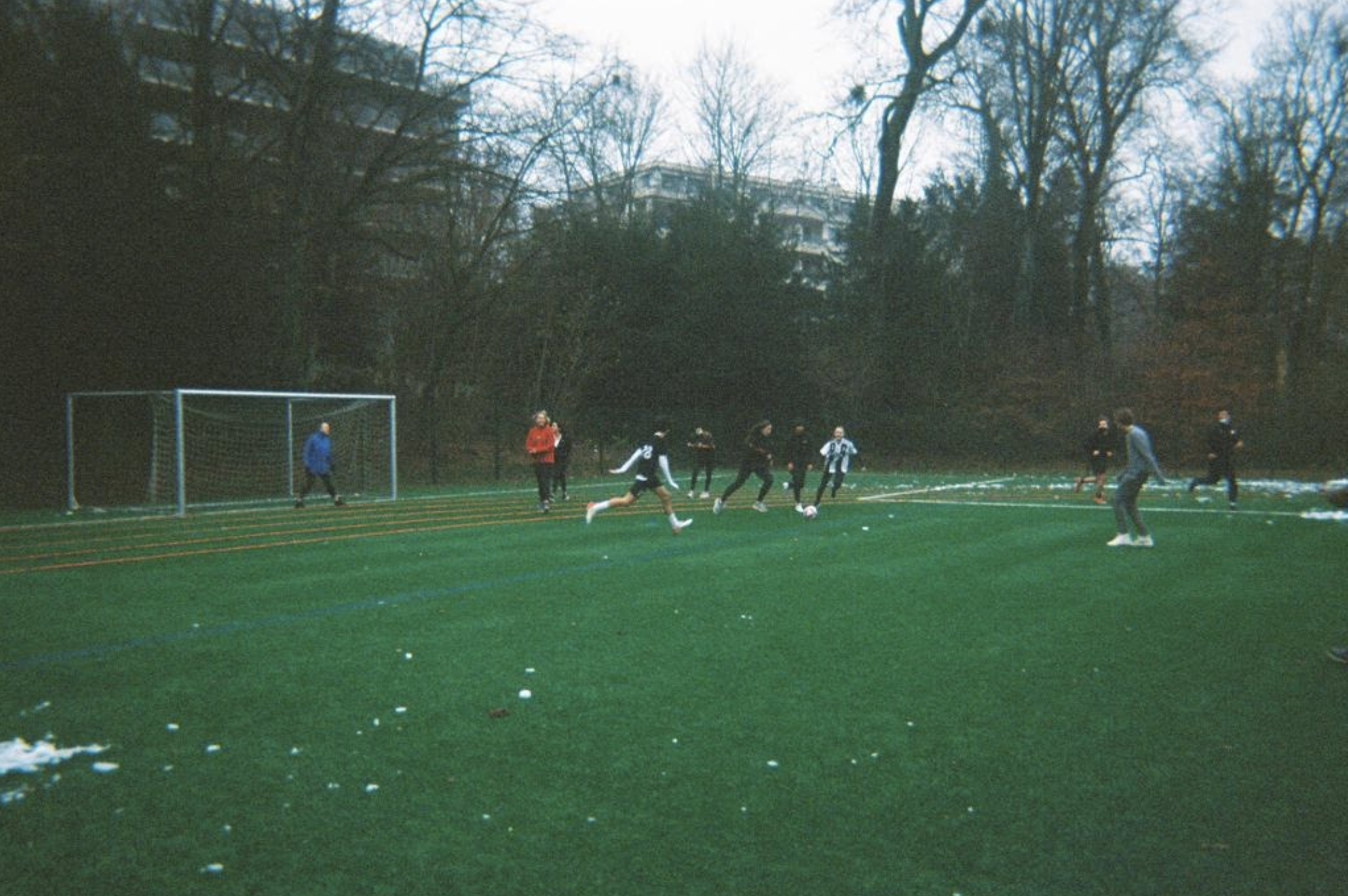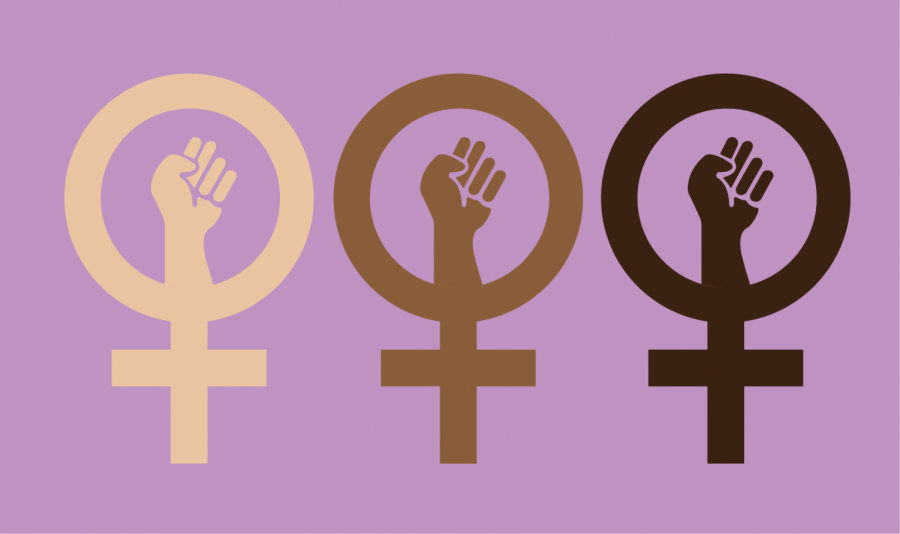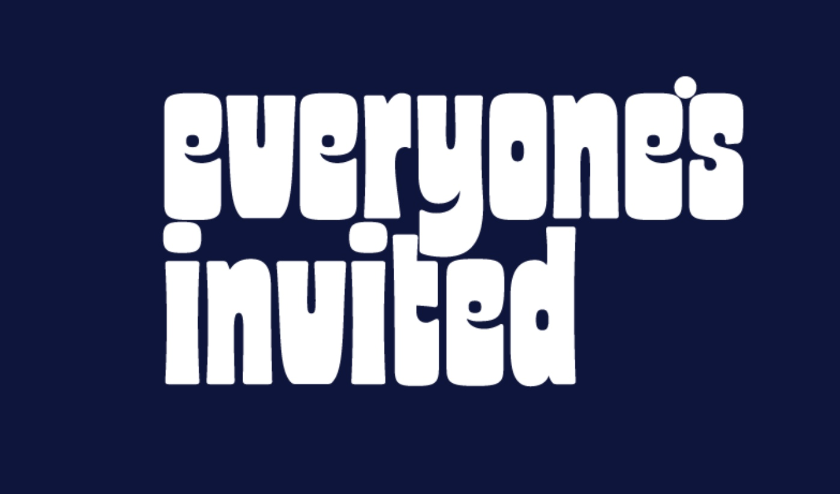By Vasil Zelenkovski, Year 12
On January 5, the world number 1 ranked tennis player, Novak Djokovic, was detained by the Australian Border Force upon his landing in Melbourne. This was for not having the appropriate documentation to enter the country due to his unvaccinated status. Djokovic arrived in Melbourne to play in the Australian Open, scheduled to begin on January 17.
Djokovic’s initial detainment by the Australian Border Force was the beginning of 11 action-packed and grueling days for the tennis star, where he saw his visa canceled, was sent to stay in a hotel with refugees while he appealed this decision, won the appeal, began training on tennis courts, had his visa canceled a second time, lost the second appeal, and was eventually deported. He now risks a three-year ban from entering Australian territory.
The events of these 11 days were extensively covered by media (link to an article covering key events). This coverage led to his situation being highly divisive among the public in Australia and abroad. Supporters of Djokovic’s deportation vilified him by protesting and popularizing the “Novaxx Djokovic” nickname, criticizing his anti-vax stance. Meanwhile, his supporters went on the streets to come to his defense. In fact, Djokovic was even deified with his struggles earning comparisons to Jesus’ crucifixion after winning his first appeal.
With such divisions present, we decided to interview some members of the Ecolint community on their views on the issue:
Vladislav Lisin (Plays tennis competitively), Year 11
Vanessa Sudan (Tennis fan), Year 12
Guillaume Sudan (Djokovic fan), Ecolint alumnus studying International Law
1. What were your thoughts on Djokovic before the events that recently started?
Guillaume: Since I was a child and began to watch the beautiful sport that tennis is, Novak Djokovic has been an inspiration to me.
Vladislav: I thought great tennis player and I respected him a lot as a person.
2. What about now?
Guillaume: Novak Djokovic will always be my idol, whether I’m always on par with the decisions he takes or not.
Vladislav: Tennis wise the same, but personally more negative.
3. Do you think Djokovic should have been allowed play in the Australian Open?
Vanessa: Tennis Australia put in place exemptions in the first place and as they accepted Djokovic’s medical exemption at first, why not? I think he should have been allowed to play.
Vladislav: No.
4. Do you think unvaccinated players should play?
Vladislav: Yes if they have a negative PCR test.
Vanessa: I think if a Covid test and a blood test (for antibodies) were required, both unvaccinated and vaccinated players should be allowed to play.
5. Have vaccine rules affected your tennis playing?
Vladislav: No since I got vaccinated quite early on.
6. How do you think this situation could have been avoided?
Guillaume: I believe that there should have been a more thorough and clear communication between the government of Victoria and Tennis Australia.
7. Will this have an impact on future tournaments?
Guillaume: From now on, each tennis association across the world will make sure that there is no ambiguity in their justification. However, as we have observed since the beginning of this crisis, rules will still be changing from one country to another — one Federal state to another.
8. Should there be special treatment for the best top sportsmen?
Vanessa: I do not think there should be any special treatment for best top players because they show an example to younger players — they are role models, that’s why I think they should all be treated the same way.
9. How will this affect Djokovic’s public image?
Vladislav: People will see him more negatively as a tennis player and he will be considered disrespectful by a lot of people.
Vanessa: Even before this incident, the public always had mixed feelings about Djokovic. After the incident, if more people are against him, it would not make sense because it doesn’t change the player he is on the court. He is an amazing athlete and people support him because of this and they should.
10. How will the other players’ criticisms of Djokovic affect their public images?
Guillaume: Some will agree, others won’t — sadly, the tennis tour is not impermeable to the polarization that our society has been subjected to.
11. Should countries express explicit support for athletes even when they do not represent the country?
Vladislav: For sure because all tennis players should have an equal opportunity.
Vanessa: Even for athletes that do represent the country, I do not think the country should express any explicit support for them. I think all athletes should be supported in the same way.
12. Has the escalation of the issue been because of a political or health issue?
Vanessa: It is political. They are not allowing Djokovic to play to show an example of how they manage the Covid crisis.
Vladislav: A bit of both, but more political.
13. Do you support the outcome of the second court’s decision to revoke his visa?
Vladislav: Yes because he was being very irresponsible in this whole situation.
Vanessa: I think it contradicts their first decision in the first place. They canceled his visa once, then they allowed him to play, and now the fact that they revoked his visa again does not make sense.
14. Djokovic was the favorite to win the Australian Open, who do you think is the favorite now?
Guillaume: Zverev
Vanessa: Medvedev
Vladislav: Medvedev
A final point made by Guillaume is that one thing many can agree on is that both Djokovic and the Australian Government should have acted in a more transparent manner. In the future, this should be kept in mind. But, ”hopefully, tennis fans will never witness such a drama on their beloved tour — ever again.”



